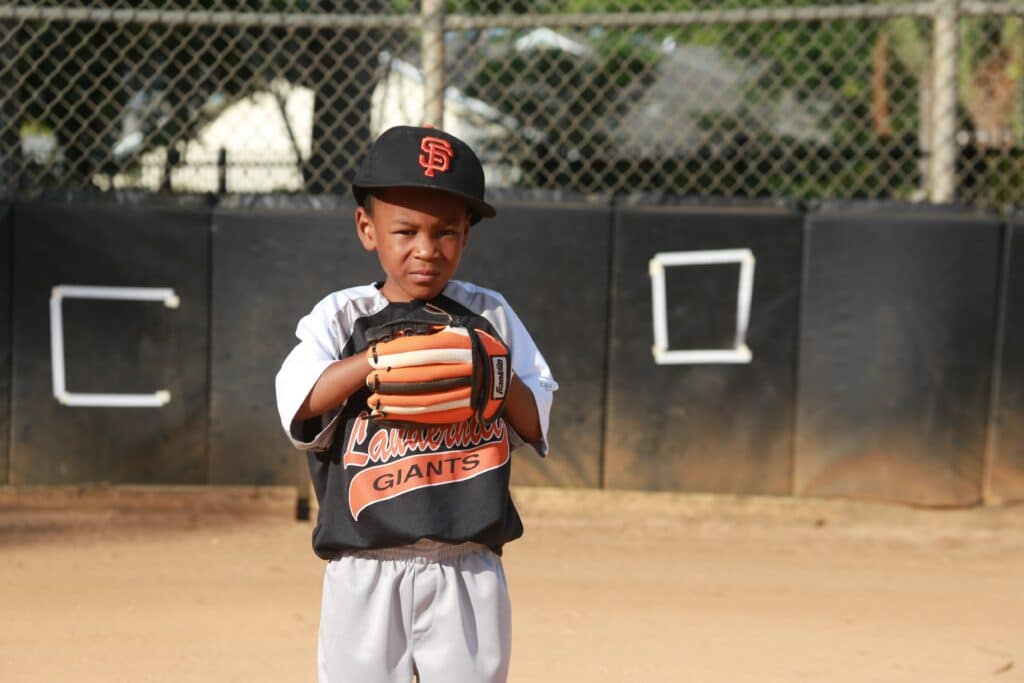Sportsmanship is everything in a game.

Win or lose, participants need to acknowledge the hard work of their teammates, coaches, opposing team, and officials. Yet the message our kids often get — from the society at large and, sometimes, from coaches, parents, and peers — is that winning is everything. One of your jobs as a parent is to counter the win-at-all-costs mindset and instill good sportsmanship. If you’re looking to nurture that passion for sports, it’s important to also teach sportsmanship. Here’s how:
You Need to Be a Good Role Model
Children need to see parents, coaches, and referees model positive behaviors. If they see that you’re respectful (both in and outside of sports), they will (eventually) emulate that. If they see and hear your heckling the refs and making demeaning comments about players and coaches, they may follow your lead.
You Need to Show Respect
To teach effectively sportsmanship, you must respect others. Kids imitate their parents’ behavior. So, if you’re respectful in your interactions, they will probably be as well. Let your child see you complimenting coaches and teammates. Applaud good plays by both teams. Shake hands of player, coaches, and refs, and thank them for their effort.
Take responsibility for your actions also. If you lose control and scream at a ref, apologize to the ref later — and discuss your actions with your son. You can’t expect children to exhibit good sportsmanship if you do not.
It Takes Time to Be Excellent
Kids need to understand that practice is essential to improvement. No one is instantly perfect at what they do, and effort (and improvement) should be cheered and applauded.
Encourage your children to practice and support their (and their teammates’) efforts to improve, whether by looking into Onewheel Reviews for perfecting balance (and having fun), practicing swinging the bag, improving on the punching bag, or whatever; it all takes time.
Winning Isn’t Everything
Children learn how to handle success and failure through their experiences, including watching their parents’ reactions to the games they play. (Back to role-modeling!) When kids see you cheering for a great play by the other team or congratulating the winners, they learn that other people’s feelings are important. They may also learn to accept loss and failure with grace, instead of attaching or blaming others.
It takes time to hone good sportsmanship, but the effort is worth it.
This post may contain affiliate links






